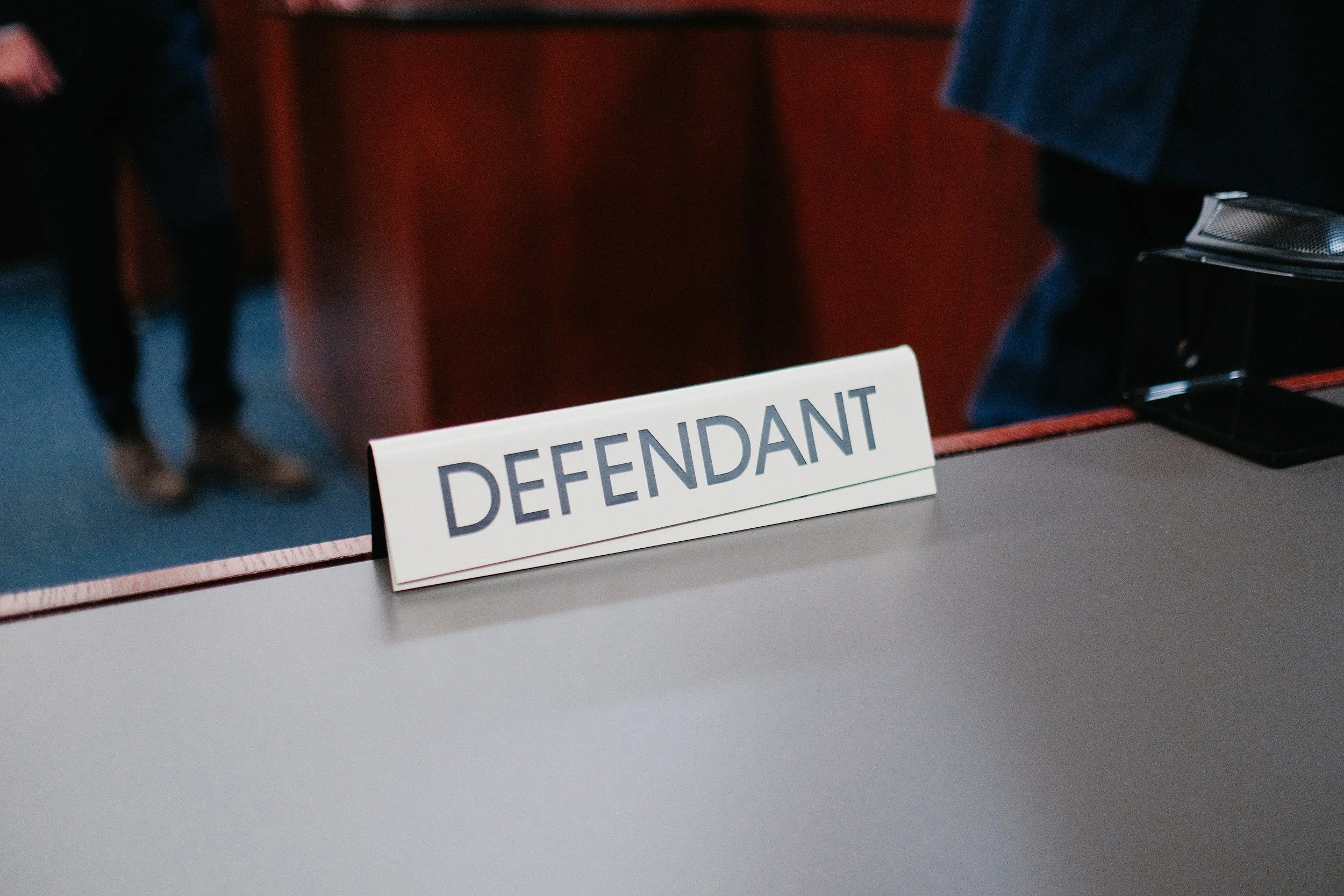How To Protect Yourself From Financial Devastation If You Get Sued
If you own a business, car, or home, you could be exposed to unforeseen liabilities. Your best-laid financial plans could be dismantled quickly by something as unexpected as a stranger getting injured on your property. This is how you can better protect yourself from financial devastation resulting from lawsuits. As always, you should consult with your own legal advisor regarding your particular circumstance.
Insuring The Risk
Insurance is intended to reduce financial risk. You should be working with your insurance agent to ensure sufficient liability coverage for your business, car, and/or home.
A rule of thumb for auto insurance coverage is you want at least $100,000 in bodily injury coverage per person, $300,000 in bodily injury per accident, and $100,000 in property damage per accident. This is well above many state-required minimums.
The Insurance Information Institute also recommends liability coverage for your home of at least $300,000 to $500,000. Some risk factors can increase this need, including having a dog, a pool, and hosting gatherings.
If you own a business, you likely must carry general liability insurance. This is a policy that will pay out in the event of a lawsuit. According to TechInsurance, most small businesses need at least $1 million per occurrence and an aggregate insurance coverage of at least $2 million.
When standard insurance coverage isn’t enough and you are worried about lawsuits above the coverage limits, you may consider umbrella coverage. Umbrella coverage is intended to stack onto existing liability coverage and pay for dollar amounts above that coverage.
Limiting Liability
If you own a business, you may want to take a second look at your business structure. Certain structures expose you to unlimited liability, meaning your business plus all your personal assets are at risk. Other structures make it so that in the worst-case scenario, all you would lose is what you’ve put into the business.
Protected Assets
State laws regarding assets that are protected from lawsuits vary widely, but these are some assets that can be protected from creditors. Be sure to consult with your lawyer and financial professional on your specific circumstances.
Retirement Funds
Qualified retirement plans, such as 401(k)s, 403(b)s, and 457s may offer an unlimited level of protection from creditors depending on your state’s laws. Funds that originated in these plans and have since been rolled into IRAs can enjoy these same protections. Traditional and Roth IRAs have federal protections of up to $1,512,350 as of 2023. These protections do not apply if the money in these was used for illegal purposes.
Life Insurance Cash Value And Annuities
Select states offer protection of life insurance cash values, annuity income, and annuity assets from creditors.
Homestead
Many states offer a homestead exemption, allowing people to retain their home and home equity if they are sued. This protection may be limited to a specific amount of home value, or it may be unlimited. The protection would not extend to any residences beyond your primary residence.
Irrevocable Trust Assets
When an irrevocable trust is properly created, the assets transferred into the trust no longer belong to the transferer. The transferer can still receive income or benefits from the trust, depending on the type and at the trustee’s discretion, but the assets within the trust would be protected from creditors.
Conclusion
As you accumulate assets, the risk of taking on an unforeseen liability increases. You can protect yourself with insurance, by limiting personal liability in business investments, and by investing in assets that offer protection from creditors in your state.
This article was originally published by me on Forbes.com.
This informational and educational article does not offer or constitute, and should not be relied upon as, tax or financial advice. Your unique needs, goals and circumstances require the individualized attention of your own tax and financial professionals whose advice and services will prevail over any information provided in this article. Equitable Advisors, LLC and its associates and affiliates do not provide tax or legal advice or services. Equitable Advisors, LLC (Equitable Financial Advisors in MI and TN) and its affiliates do not endorse, approve or make any representations as to the accuracy, completeness or appropriateness of any part of any content linked to from this article.
Cicely Jones (CA Insurance Lic. #: 0K81625) offers securities through Equitable Advisors, LLC (NY, NY 212-314-4600), member FINRA, SIPC (Equitable Financial Advisors in MI & TN) and offers annuity and insurance products through Equitable Network, LLC, which conducts business in California as Equitable Network Insurance Agency of California, LLC). Financial Professionals may transact business and/or respond to inquiries only in state(s) in which they are properly qualified. Any compensation that Ms. Jones may receive for the publication of this article is earned separate from, and entirely outside of her capacities with, Equitable Advisors, LLC and Equitable Network, LLC (Equitable Network Insurance Agency of California, LLC). AGE-6893685.1 (08/24)(exp. 08/26)


